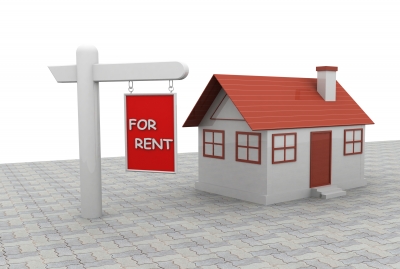Claiming a Rental Property in a personal tax return

To claim a rental property correctly and most tax effectively in your personal tax return, we require specific information about the property.
In essence, we will need the income you received from the property (the rent) and all the expenses associated to maintaining a rentable property.
We often suggest setting up a separate bank account that manages all transactions for the rental property, so come June 30th it is far easier to pick up every income and expense for the year for that property.
If you have an estate agent manage the property, you will likely receive a report at the end of the year which details the income and some expenses such as agent fees, small repairs and water charges. Please note, this report will not detail all rental property expenses. Below is a list of typical rental property information we require;
Property Details
- The date the property was acquired
- The amount the property was acquired for (or total land and construction costs)
- The period for which the property was available for rent
Income
- All rental income for the year
- Any bond money received
Expenses
- Advertising for tenants
- Body corporate fees
- Cleaning costs
- Council rates
- Gardening / mowing costs
- Insurance
- Interest on the property loan
- Land tax
- Legal fees
- Pest control
- Travel costs
- Water charges
- Property agent fees (these are estate agent fees often found on the estate agents property report detailed above)
- Repairs and maintenance (This is only for the repair of existing items, eg plumbing work, resealing a roof if items are replaced then they must be accounted for through depreciation.)
- Stationery, telephone, postage costs
- Any small costs that are not covered by the above categories
Depreciating Items
If you bought or replaced any items in the rental property (and the replacement item was an improvement) then these items cannot be written as an expense in full for the current year. The Australian Tax Office dictates that their cost must be expensed over several years, this process is called depreciation.
Items such as new white goods, new carpet, an extension to the building, or a new drive way all must be depreciated. These are generally big ticket, higher cost items. We require the date at which the items were purchased or the improvement was ready for use and the cost associated.
Following on from depreciating purchases, the building itself also depreciates over time. This is most relevant for new or recently built properties.
Professional companies such as BMT (bmtqs.com.au/investor T: 1300 728 726) offer a service to value the depreciation of a property (yet another effective tool for maximising the deductions for your rental property, potentially reducing your tax payable at the end of the year). If you choose to use this service for your property, we will require the Tax Depreciation Schedule provided by the professional who completes the service for you. If you have any further queries regarding tax depreciation schedules, please contact your Highview accountant.